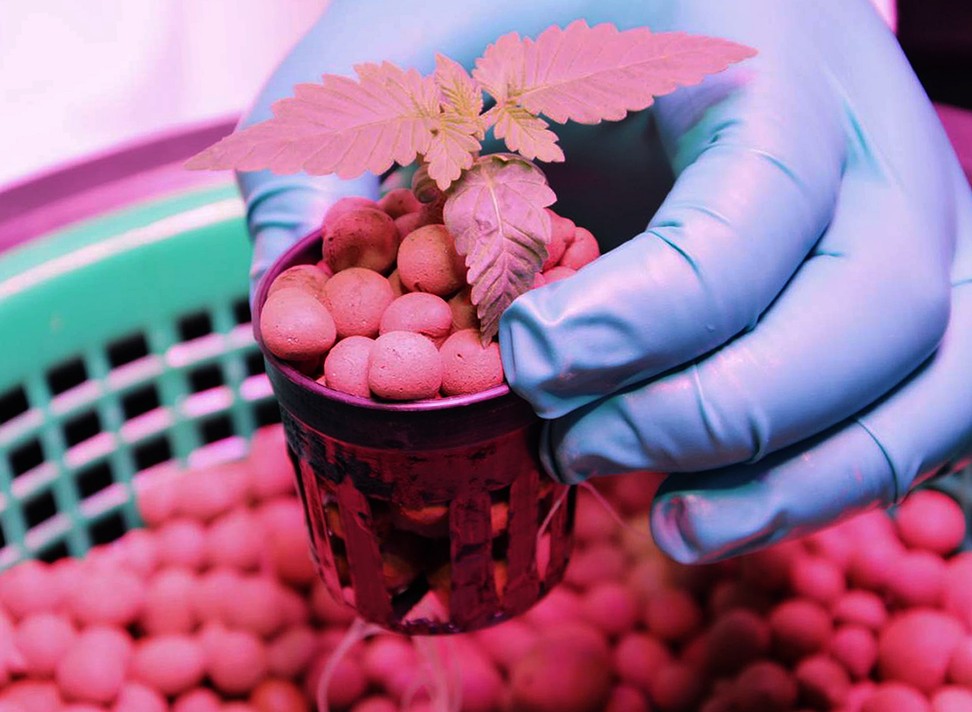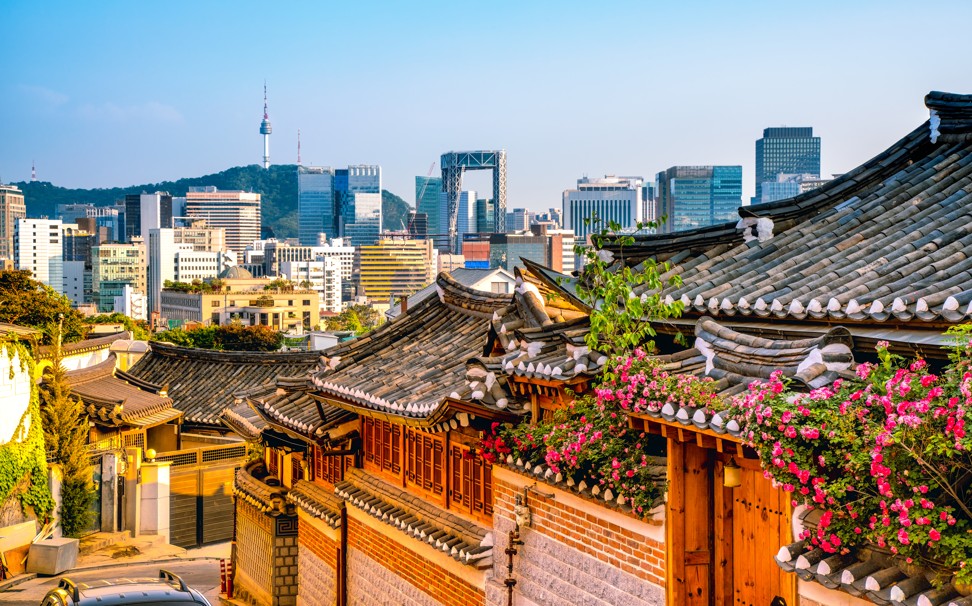CannTrust’s cannabis sales licence suspended by Health Canada
CannTrust Holdings Inc.’s licences to produce and sell recreational and medical cannabis in Canada were suspended by federal regulators on Tuesday, the latest blow to the beleaguered pot firm after an inspection uncovered that it grew thousands of kilograms of marijuana in unlicensed rooms.
CannTrust said in a statement that it received notice from Health Canada earlier Tuesday morning that it won’t be able to sell and produce cannabis, other than cultivating and harvesting existing plants.
“While the suspension remains in effect, CannTrust will be permitted to cultivate and harvest existing lots or batches previously propagated, as well as conducting ancillary activities to those lots, including drying, trimming and milling. During the suspension, CannTrust may not propagate new lots or batches of cannabis or engage in the sale or distribution of cannabis,” the company said in a statement.
CannTrust added the notice from Health Canada states the regulator could reinstate its licences “if the reasons for the suspension no longer exist or if CannTrust demonstrates that the suspension was unfounded.” The Vaughan, Ont.-based company said its management and board are reviewing the notice with its counsel and other advisors.
CannTrust said federal regulators listed several measures that the firm could implement, which would address the various public health and safety risks that contributed to Health Canada’s partial suspension.
Those measures include controlling the cannabis that comes in and out of the company’s facilities, ensuring that marijuana will be produced and distributed in authorized areas, recovering pot that was grown in unauthorized areas, improving employees’ knowledge and compliance with the law, and developing better record-keeping and inventory tracking.
In a separate statement sent to BNN Bloomberg, CannTrust said the company’s remediation efforts are underway and “significant progress has been made” in its operations to comply with Health Canada’s regulations.
“CannTrust’s paramount and urgent priority is to satisfy regulators that the company meets or exceeds all regulatory requirements so that the reasons for suspension no longer exist, we are in a position to resume operations and to regain the trust and confidence of our shareholders, patients, customers and partners,” said Robert Marcovitch, the company’s interim CEO, in an emailed statement.
CannTrust has been in a state of turmoil since July 8 when it revealed it had breached Canadian regulations by growing marijuana in unlicensed areas of its Pelham, Ont.-based facility.
As a result of that infraction, Health Canada seized nearly 5,200 kilograms of dried cannabis and the company instituted a voluntary hold on approximately 7,500 kg at another facility.
The pot firm has also fired CEO Peter Aceto with cause, demanded the resignation of chairman Eric Paul and formed a special committee tasked with probing the regulatory scandal. CannTrust also hired Greenhill & Co. as a financial advisor to explore a sale of the company, strategic investment or a business combination.
In August, CannTrust said Health Canada found that its Vaughan manufacturing facility was non-compliant as well. CannTrust also disclosed last month that the Ontario Securities Commission’s Joint Serious Offences Team had opened an investigation into “matters and parties” related to the company.
Earlier this month, BNN Bloomberg reported that some CannTrust staff late last year brought cannabis seeds from the black market into production rooms, leading to some illicitly-grown pot flowing into the legal market.
CannTrust now joins a handful of Canadian cannabis producers which have had their ability to grow and sell legal cannabis suspended by Health Canada, the federal regulator in charge of enforcing and licensing pot in the country.
Last week, British Columbia-based Evergreen Medicinal Supply Inc.’s licence was suspended due to issues relating to its production practices, record-keeping, inventory control, and adherence to licence controls. In February, Bonify Holdings Corp.’s licences were suspended after the company was found to be selling marijuana it obtained from illicit sources.


